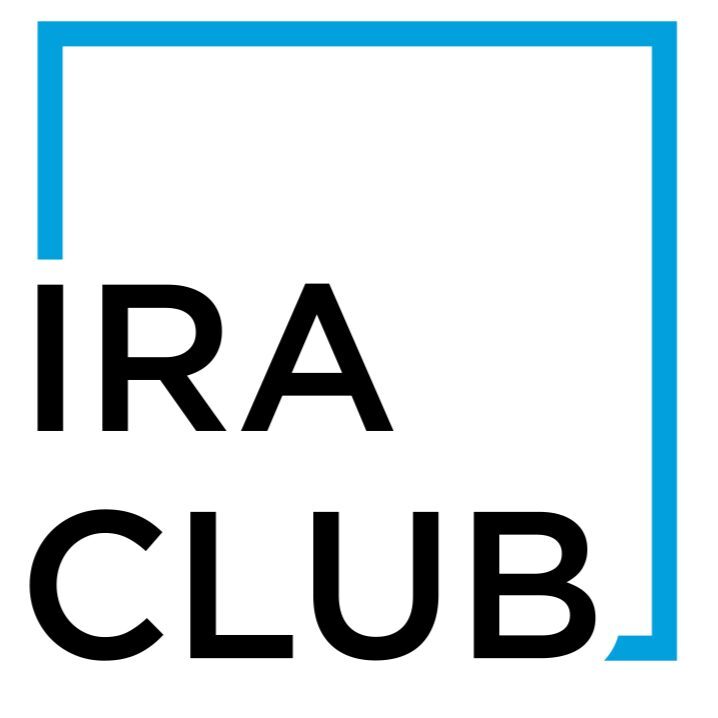If you choose to Self-Direct your IRA, Solo 401(k), or HSA, you will generally find that you save a significant amount on income and capital gains taxes on your investments. However, every responsible investor that Self-Directs should be aware of special taxes on tax-exempt entities like retirement accounts known as UBIT and UDFI, and how to avoid them.
What is UBIT?
UBIT stands for Unrelated Business Income Tax, a tax incurred by tax-advantaged entities such as charities, nonprofits, and retirement accounts when these entities are used to generate trade or business income from an operational business as opposed to a passive investment vehicle. The IRS believes that if tax exempt entities operate a business, they will have an unfair competitive advantage over taxable entities, leading to the creation of UBIT.
What kinds of investments would incur UBIT?
An operational business owned by a retirement account is one that sells goods or services on a regular basis. Some common examples include restaurants, cryptocurrency mining operations, online marketing, and real estate development. While a retirement account can flip properties without incurring UBIT, flipping more than one or two a year may flag the IRS to potentially incur UBIT. Similarly, a retirement account can issue loans, although issuing too many loans within a year may incur UBIT. Consult a tax professional to understand current UBIT rates and to see whether your retirement account’s investment may incur UBIT.
What is UDFI?
UDFI stands for Unrelated Debt-Financed Income, which is a tax that comes from a retirement account using debt-financing for its investments and is typically incurred in real estate. UDFI is calculated based on the percentage of the property that is financed with debt. This applies to both rental income and sale of property.
What do I do if I have triggered UBIT or UDFI?
Should the gross income from your operational business or debt financed property owned by your retirement account exceed $1,000, your retirement account will have to file an IRS Form 990-T to report its UBIT, meaning you will need your retirement account’s EIN number to file.
FAQS
Because the tax is owed by the retirement account, it is the retirement account’s funds that must be used to pay the UBIT or UDFI taxes.
If you do not have the cash balance in your retirement account, you can transfer or roll over funds from other retirement accounts, sell your investments, or make a contribution. The IRS considers paying UBIT or UDFI with personal funds as a contribution.
Dividends, certain rental income, royalties, interest, profits from the sale of property, and certain income from research activities are excluded in the calculation of UBIT.
Limited Partnerships (LP), Limited Liability Companies (LLC), and investments using a third-party loan that generated UDFI are the most likely investments to incur UBIT. Consult your tax professional before making an investment that could potentially incur UBIT or UDFI.

